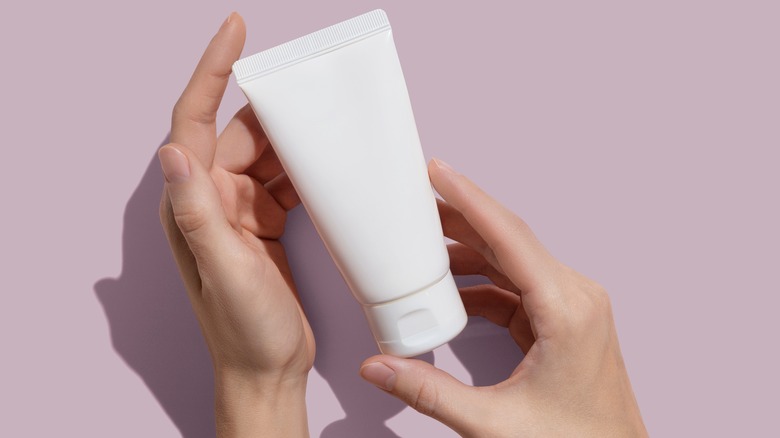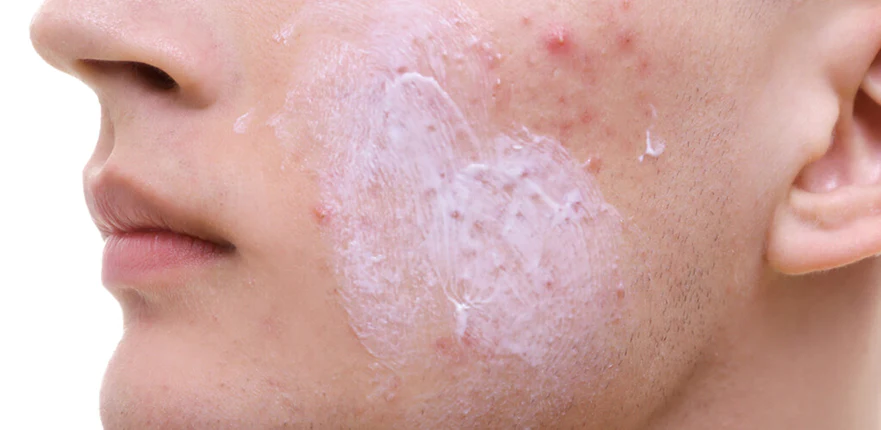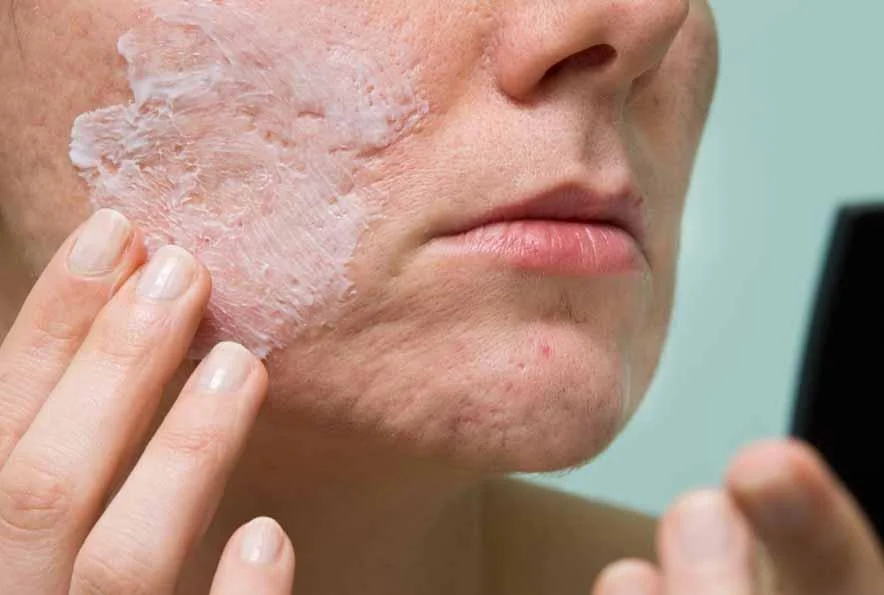In recent years, the discovery of benzene, a chemical known for its carcinogenic properties, in everyday consumer products has sent shockwaves through the health and beauty industry. From hand sanitizers to sunscreens and now, troublingly, to acne treatments, the presence of this hazardous substance in popular brands raises serious concerns about consumer safety and regulatory oversight.
Benzene: A Disturbing Trend in Consumer Products
The latest revelation involves some of the most trusted acne treatment brands on the market, including Proactiv, Target Corp.’s Up & Up, and Clinique. Independent laboratory testing has revealed alarmingly high levels of benzene in products formulated with benzoyl peroxide, prompting a call for an immediate recall of the affected items.
This situation highlights a disturbing trend in the contamination of widely used consumer products, exposing users to potential cancer risks right from their bathroom cabinets.

Valisure: The Watchdog in Pharmaceutical Testing
Valisure LLC, a New Haven, Connecticut-based testing laboratory, has been at the forefront of uncovering these risks. With a track record of identifying contaminants in various products, from sunscreens to heartburn medications, Valisure has positioned itself as a critical gatekeeper in consumer health.
Their findings on benzoyl peroxide acne treatments underline the need for rigorous product testing and quality assurance, especially when it comes to items that millions trust for their skincare needs.
The FDA’s Role and Response
The U.S. Food and Drug Administration (FDA) is under scrutiny for its oversight of the beauty and health industry in light of these findings. While the agency has committed to verifying Valisure’s data and updating the public as necessary, there is growing pressure for more proactive measures to ensure product safety.
This situation underscores the vital role of independent laboratories in supplementing the FDA’s efforts to protect consumers from harmful contaminants.
Popular acne-treatment products found to contain high levels of carcinogenic chemical https://t.co/3arFUfb4pl
— TIME (@TIME) March 7, 2024
Implications for Consumers and the Industry
The discovery of benzene in acne treatments is more than a wake-up call; it’s a clear signal of the urgent need for transparency and accountability in product manufacturing. As sales of acne treatments in the U.S. soar, reaching $1 billion in the previous year, consumers are increasingly at risk of unwittingly exposing themselves to carcinogens.
This situation not only affects individual health but also has broader implications for public trust in the beauty and healthcare industries.

Moving Forward: Safety, Regulation, and Awareness
In response to these concerns, there are calls for legislative changes that would empower the FDA with greater authority to recall hazardous products. Meanwhile, consumers are urged to stay informed about the products they use daily.
As the industry grapples with these challenges, the hope is for stronger regulatory frameworks, better testing methodologies, and a commitment from companies to prioritize the health and safety of their customers above all.
“This has been well known for a long time,” said David Light, Valisure President. “All that was needed was for someone to check on it.”
“The benzene we found in sunscreens and other consumer products were impurities that came from contaminated ingredients; however, the benzene in benzoyl peroxide products is coming from the benzoyl peroxide itself,” Light added in a statement.

The presence of benzene in acne treatments is a stark reminder of the vulnerabilities in our skincare routines. It emphasizes the need for vigilance, both from consumers and regulatory bodies, to ensure that the products we use every day are safe, effective, and free of harmful contaminants.
As this story unfolds, it will be crucial to follow developments and support efforts to safeguard public health in the face of emerging risks.
https://youtu.be/Kwhrt4R2RK4










